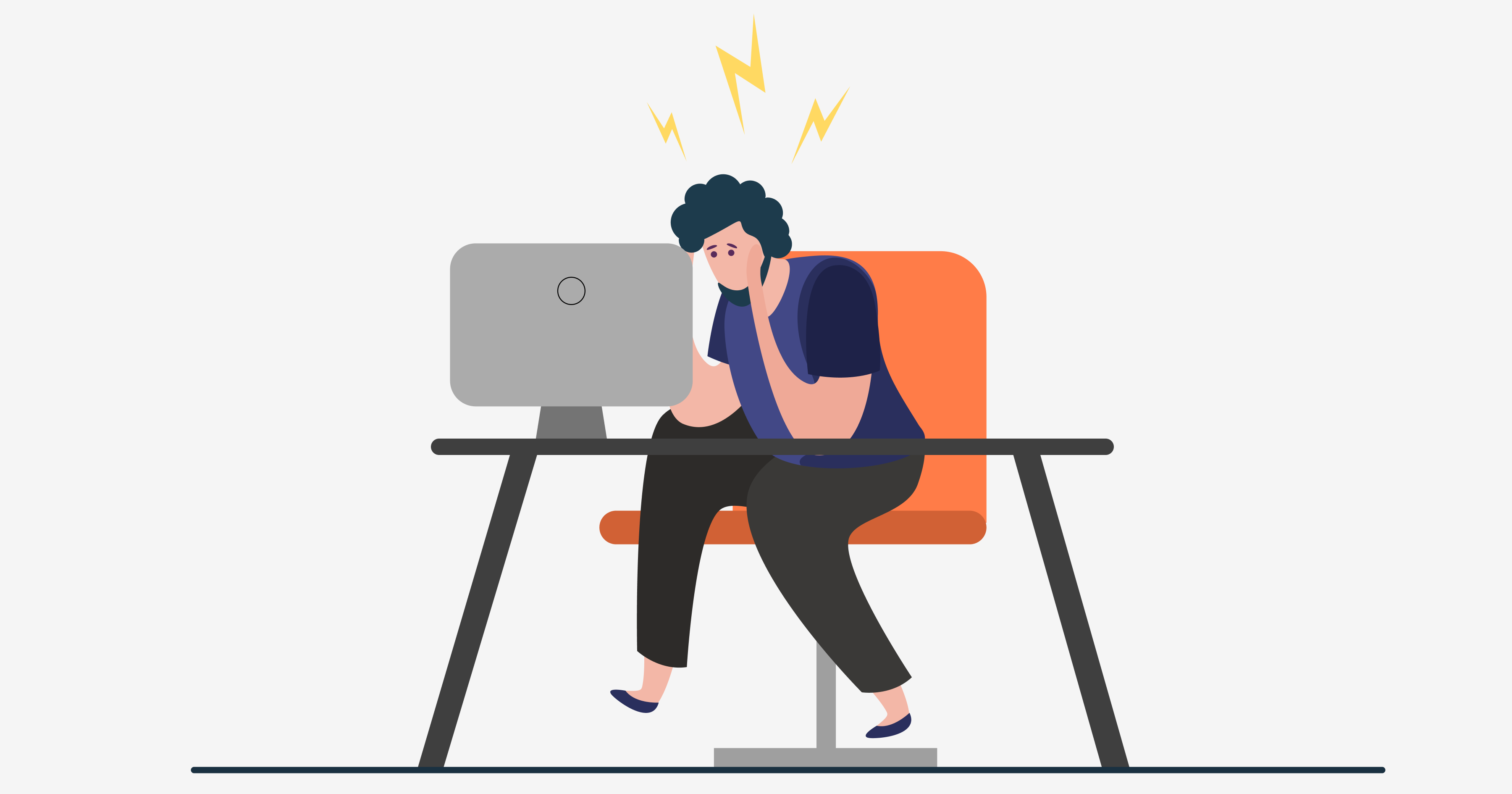How often does a person have to go through a job interview in their lifetime?
Once, twice, ten times?
No matter how many times you did it, interviewing can be both a stimulating and terrifying experience, and is often a source of anxiety. A lot also depends on the level of the position for which the selection is made, especially if the company hires an employee with experience and expertise.
So, how can you prepare and what to do during and after the interview?
Before the interview:
- Research the company.
A product or activity the company is engaged in should definitely be researched. Determine the values that the company shares and whether they coincide with yours. Pay attention to studying the position you are applying for. This will help to better understand the context of the search and the goals pursued by the company that is hiring a new employee. - Consider answers to standard questions.
In most interviews, standard questions can be asked: “Tell me about yourself”, “What are your strengths and weaknesses?”, “Why do you want to work in our company?”. Prepare short and honest answers to these questions. Do not exaggerate with motivation and expression - it looks unnatural. - Prepare questions for the interviewer.
Make a list of questions regarding the company’s processes, responsibilities, team, social guarantees, in short, everything that may affect your job satisfaction and professional development in the future. Finding out about aspects you are uncomfortable with after signing the contract is a waste of time for both sides.
During the interview:
- Talk about specific examples.
Instead of general statements, try to give specific, honest examples from your experience, and work. This will help to illustrate your skills and achievements, as well as prove your qualifications. Be prepared for clarifying questions. - Listen.
Listening skills are an important quality to demonstrate during an interview. Listen carefully to the interviewer’s questions and comments, and answer them specifically. If you don’t fully understand some of the questions, don’t hesitate to talk about that - “Do I understand you correctly that”, “Do you mean that”, etc. - Be empathic and control yourself.
It is better to be restrained, to show emotions in a measured way. Excessive emotionality can give the impression of an unbalanced person. Compliance with the norms of business communication is a manifestation of empathy, which reflects your ability to comply with the cultural and linguistic norms of interaction with other people.
What to do after the interview?
- Be patient and proactive.
The recruiting process can take time, so the results are not always immediate. Be patient, but proactive at the same time. Monitor communications from the company and be prepared to provide additional information or complete a test if requested. - Learn from your mistakes.
If you don’t pass an interview, use it as an opportunity to learn and improve your skills. Ask for feedback from the company where your application was rejected, and take this information into account in the future.
In summary, a successful interview requires preparation, confidence, and the ability to communicate effectively. The interview is an opportunity to demonstrate your skills, experience, and motivation. Stay positive, professional, and open to the opportunities the company can offer!
HR Dept of JSN.

